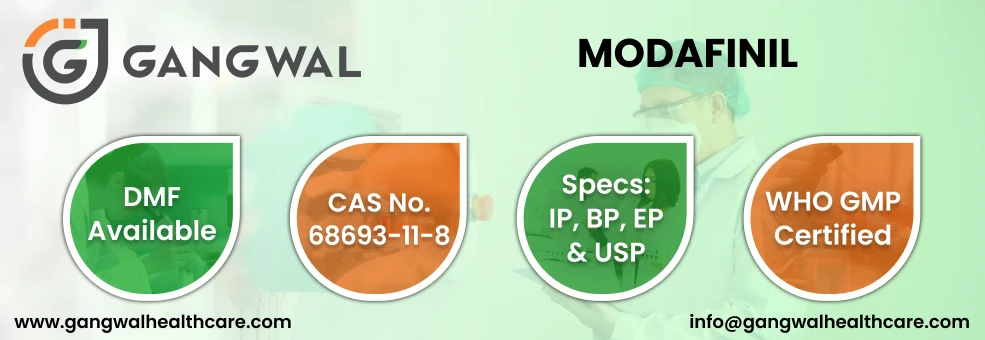


09 Jan 2025
// PR NEWSWIRE
https://www.prnewswire.com/news-releases/apotex-acquires-us-rights-to-provigil-modafinil-and-nuvigil-armodafinil-302347082.html

07 Jan 2025
// PR NEWSWIRE
https://www.prnewswire.com/news-releases/neuraxpharm-to-further-grow-branded-business-with-the-acquisition-of-two-leading-narcolepsy-treatments-provigil-and-nuvigil-302343293.html

18 Jun 2024
// PR NEWSWIRE
https://www.prnewswire.com/news-releases/canadian-pharmacy-announces-free-shipping-on-generic-drugs-including-modafinil-and-insulin-making-rx-meds-more-accessible-for-us-customers-302175242.html

16 Nov 2020
// GOV
https://www.gov.uk/government/news/sleep-disorder-drug-modafinil-linked-to-increased-risk-of-birth-defects-and-also-to-reduced-effectiveness-of-contraception

03 Sep 2020
// SCIENCE DAILY
https://www.sciencedaily.com/releases/2020/09/200901112203.htm#:~:text=Summary%3A,had%20taken%20it%20while%20pregnant.

18 Dec 2019
// PRESS RELEASE
